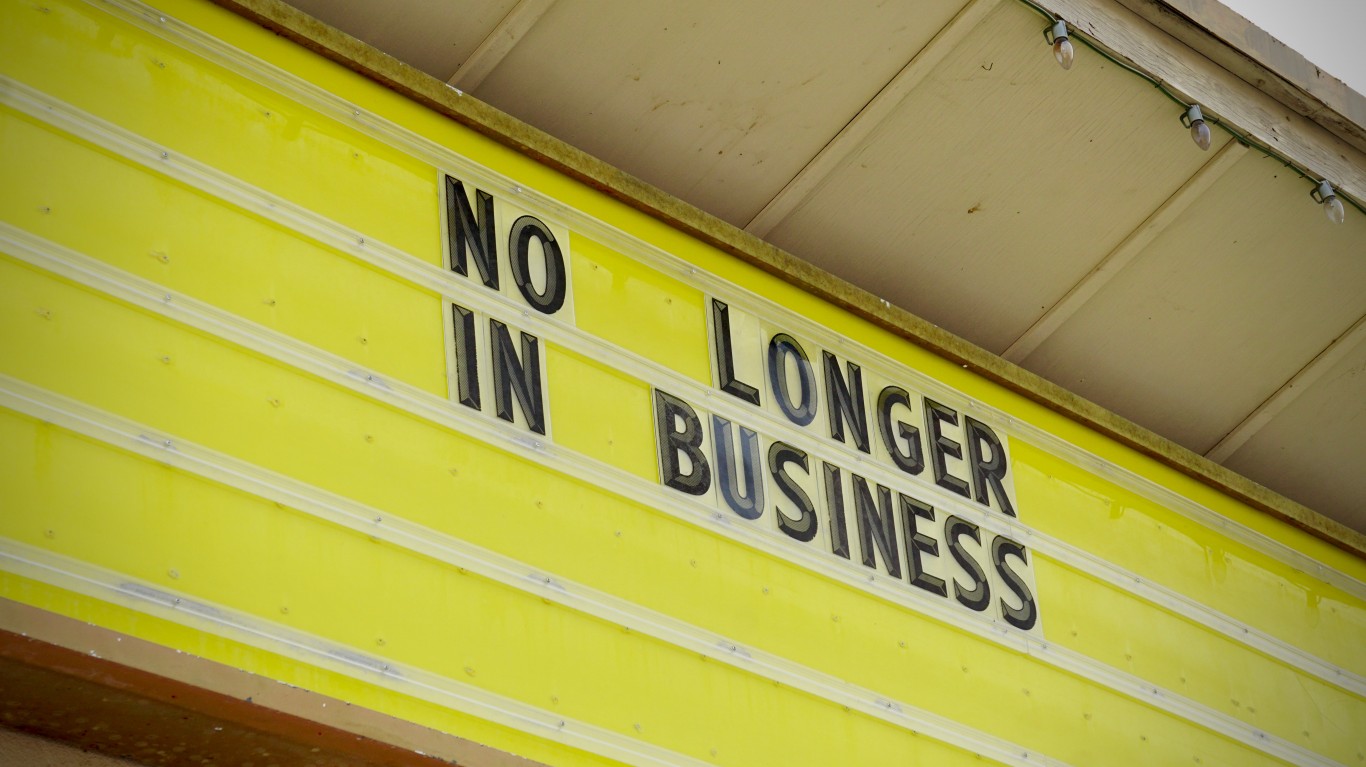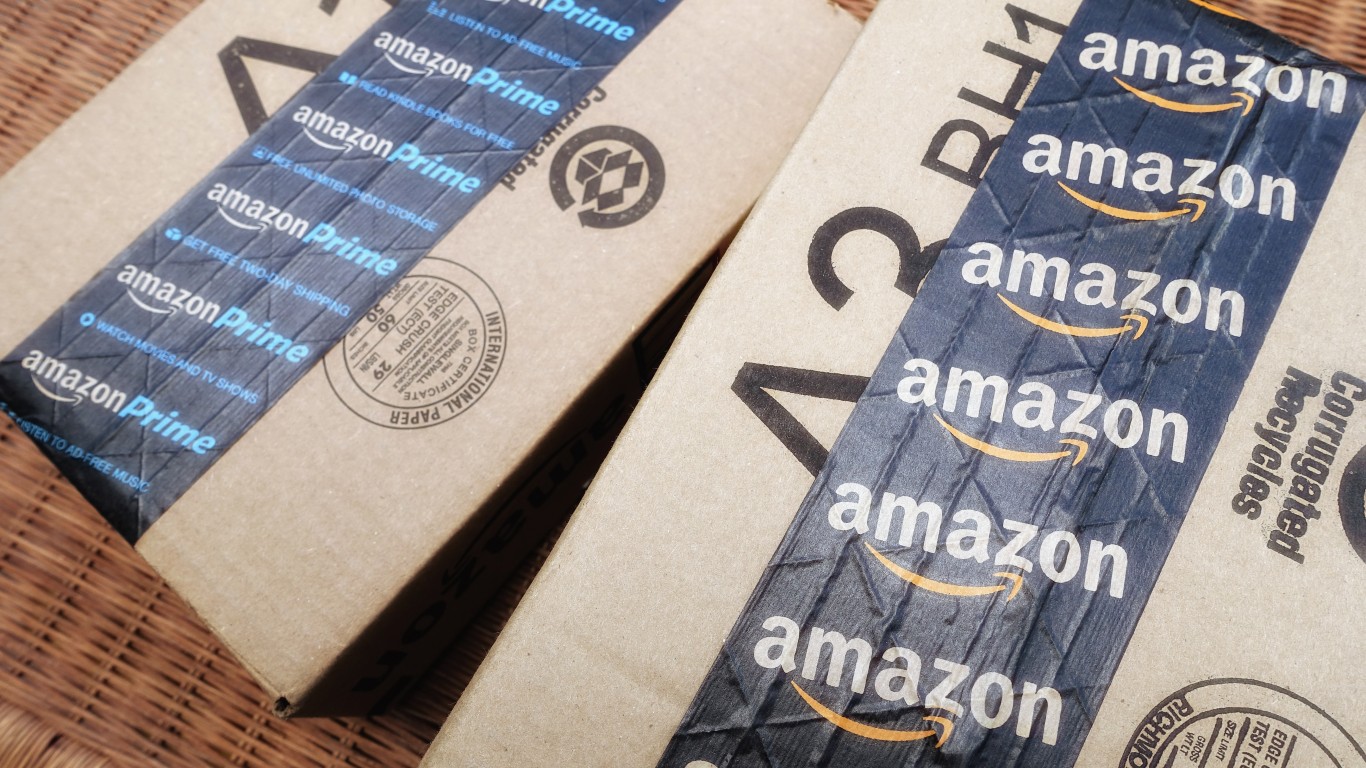

Enter the words “fake product reviews generator” into your search bar, and you probably will be surprised at the number of options available for purchase. Of course, fake reviews have been around since before Amazon sold its first book, but generating fake reviews is a cottage industry that is growing more sophisticated. Click on some of those search results to get the details.
[in-text-ad]
Amazon recently filed a criminal complaint in Italy against a fake review broker and a civil complaint against another broker in Spain. The company said in October that it has filed 10 lawsuits in the United States “against fake review brokers and other bad actors attempting to game Amazon’s ratings systems.”
At the same time, Amazon and Walmart also “endorse” third-party paid reviews, even though the two e-commerce giants claim they do not, according to consumer watchdog, The Counterfeit Report. Amazon’s Vine program, according to the watchdog, gives selected reviewers an opportunity to order products at no charge in exchange for reviews. Vendors must supply the products for review at no charge, and Amazon charges the vendors an enrollment fee of between $100 and $2,500 for each unique review.
According to The Counterfeit Report, Walmart also has recently endorsed a program from Plum called Field Agent that pays $15 to shoppers who buy a vendor’s product at Walmart, try it at home, and “leave an honest Ratings & Review on Walmart.com.” Walmart told The Counterfeit Report that it does “source a small number of reviews from third parties such as brands and review sites.” The watchdog notes:
In the end, Walmart and Amazon understand that product reviews help their bottom line when shoppers make a purchase. Amazon claims that sellers participating in the Vine program could help boost sales by up to 19% on new or slow-moving products. Still, even cautious buyers aren’t getting the full and proper picture. While product reviews play a significant role in consumer purchase decisions, the reviews are no indication of authenticity or quality. Giving out free products or compensation in return for a review. . . that’s not an unbiased review. How likely would you be to post a bad review on an item someone gave you for free? https://www.pcmag.com/how-to/spot-a-fake-review-on-amazon
The Counterfeit Report offers four tips to help consumers “avoid businesses that enable, facilitate, or participate directly as global criminal enterprises”:
- Watch for an overwhelming number of positive reviews.
- Check to see if the reviews are spaced evenly over a period of time.
- Look for reviews written by verified purchasers who bought the item directly from a well-known retailer.
- Check the reviews for repetition of themes, poor English, or words that might have been written from a script.
Sponsored: Want to Retire Early? Here’s a Great First Step
Want retirement to come a few years earlier than you’d planned? Orare you ready to retire now, but want an extra set of eyes on your finances?
Now you can speak with up to 3 financial experts in your area for FREE. By simply clicking here you can begin to match with financial professionals who can help you build your plan to retire early. And the best part? The first conversation with them is free.
Click here to match with up to 3 financial pros who would be excited to help you make financial decisions.
Thank you for reading! Have some feedback for us?
Contact the 24/7 Wall St. editorial team.



